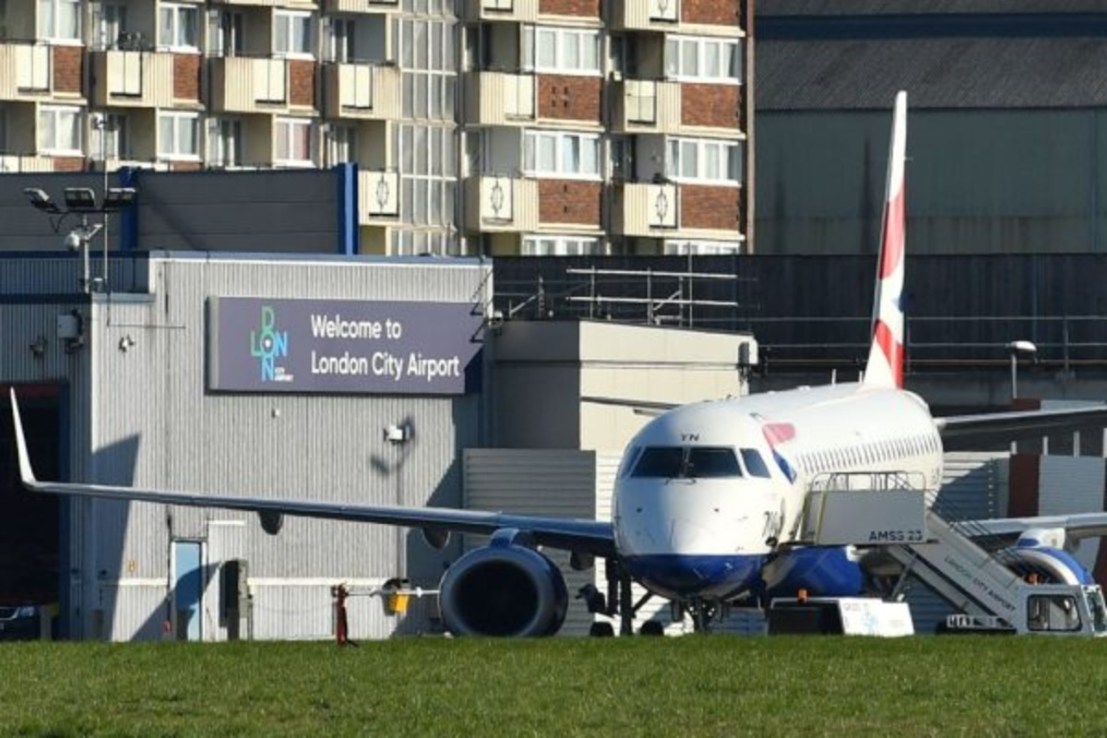The government needs a flight plan
Airport capacity is a vital national infrastructure issue critical to growth, but we have no idea where the government stands, says Eliot Wilson Michael O’Leary, the veteran CEO of Ryanair, is a reliable source of copy. Last week this paper reported his view that the next runway to be built to serve London would not [...]


Airport capacity is a vital national infrastructure issue critical to growth, but we have no idea where the government stands, says Eliot Wilson
Michael O’Leary, the veteran CEO of Ryanair, is a reliable source of copy. Last week this paper reported his view that the next runway to be built to serve London would not be at Heathrow or Gatwick, but at Stansted, the country’s fourth-busiest airport. Potential development at the first two, he argued, was too expensive and too contentious: “For far too long London has been held up by these debates over the next runway and environmental restrictions.”
It is worth remembering that Stansted is Ryanair’s primary base in the United Kingdom, so O’Leary is not a wholly unbiased observer. But he has not spent 30 years making Ryanair the world’s most valuable airline by luck or chance. There is only one problem with his prediction of UK airport expansion. While Stansted recently received permission to expand its facilities and increase the number of passengers it serves, there are no plans to build a new runway.
I have said often enough how deeply sceptical and suspicious I am of state intervention in the economy, but airports are part of our national infrastructure and airport capacity is something which should be co-ordinated at that level. What is the government’s view on expansion at Heathrow, Gatwick or Stansted, and balancing demand in and around London against other locations like Manchester, Liverpool and Glasgow? How does flying fit into the overall vision of commercial travel?
Unfortunately we have no idea. The Labour Party’s manifesto for the general election contained a single sentence on civil aviation: “Labour will secure the UK aviation industry’s long-term future, including through promoting Sustainable Aviation Fuels, and encouraging airspace modernisation.” This leaves us few clues.
Recently the housing secretary, Angela Rayner, and the transport secretary, Louise Haigh, approved an application from London City Airport to increase the number of early morning and weekend flights, allowing it to raise its capacity from 6.5m passengers a year to 9m. This decision was taken in spite of objections from Newham Council, which includes the airport, and local campaigners. It does not, however, represent a clear and wholehearted policy in favour of expanding airport capacity.
Climate change vs growth
In its 2023 progress report to parliament, the climate change committee, the independent advisory body on climate issues, recommended that there should be no net expansion of passenger numbers without a “framework to manage airport capacity”. The government stated that its decision on London City Airport was “in line with national policy” on climate change. However, it has also made clear that it is “open-minded about any airport looking to expand”, so long as proposals are compatible with meeting the UK’s climate targets, do not cause excessive noise or air pollution and provide economic growth across the country.
This is all painstakingly reasonable, but we need to know more about the government’s fundamental principles towards airport capacity. O’Leary has no doubt that there must be scope for more flights to serve London, “one of the great tourism hubs of Europe”, and that the south east in general needs additional capacity “so that all the growth is not lost by London to Manchester, Liverpool, Edinburgh and Glasgow”.
Does the government agree that aviation is critical for growth? Hopes that High Speed 2 might encourage a modal shift towards rail travel have taken a beating now that the once-grand project has been reduced to 140 miles of track between Old Oak Common and Handsacre in Staffordshire, with even the interchange from Old Oak Common to Euston in some doubt. While Great British Railways will gradually become the main operator of train services across the country, there is no prospect of major infrastructure investment (and in July the government scrapped the £500m restoring your railway programme).
Just before the election, Rachel Reeves was bullish on aviation. “I have nothing against expanding airport capacity,” she told the Evening Standard. “I back our airports. I back investing in infrastructure.”
Investment is a distant prospect, but the government may find that open-mindedness and having “nothing against” expansion is not enough. We have heard endlessly that business needs “clarity and certainty”. A good place to start would be a statement of principles and priorities in terms of transport and the role of civil aviation.
Eliot Wilson is co-founder of Pivot Point Group



